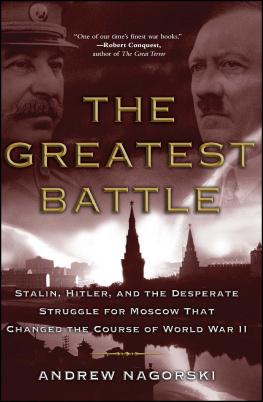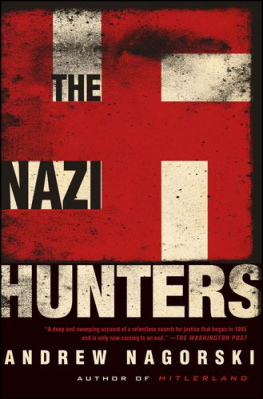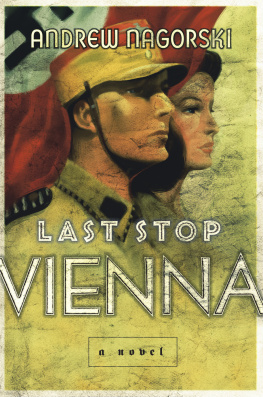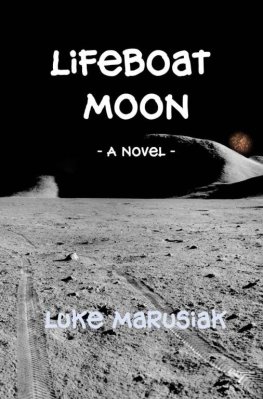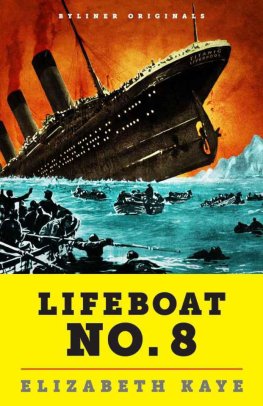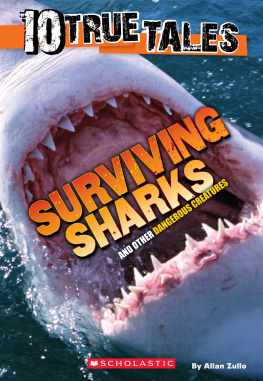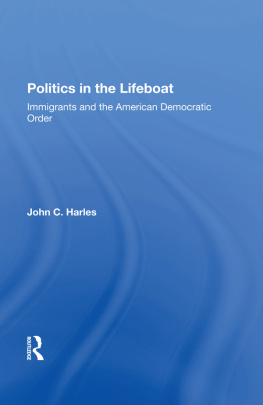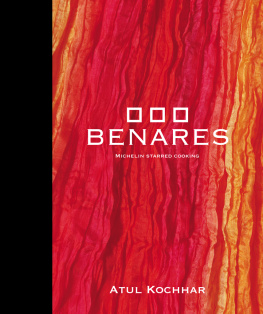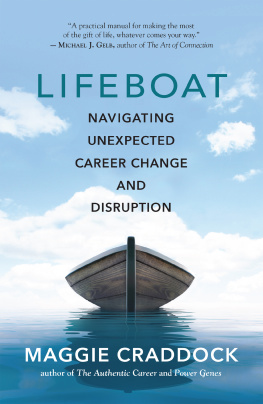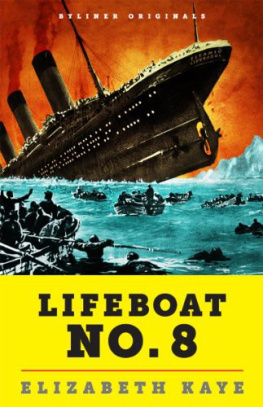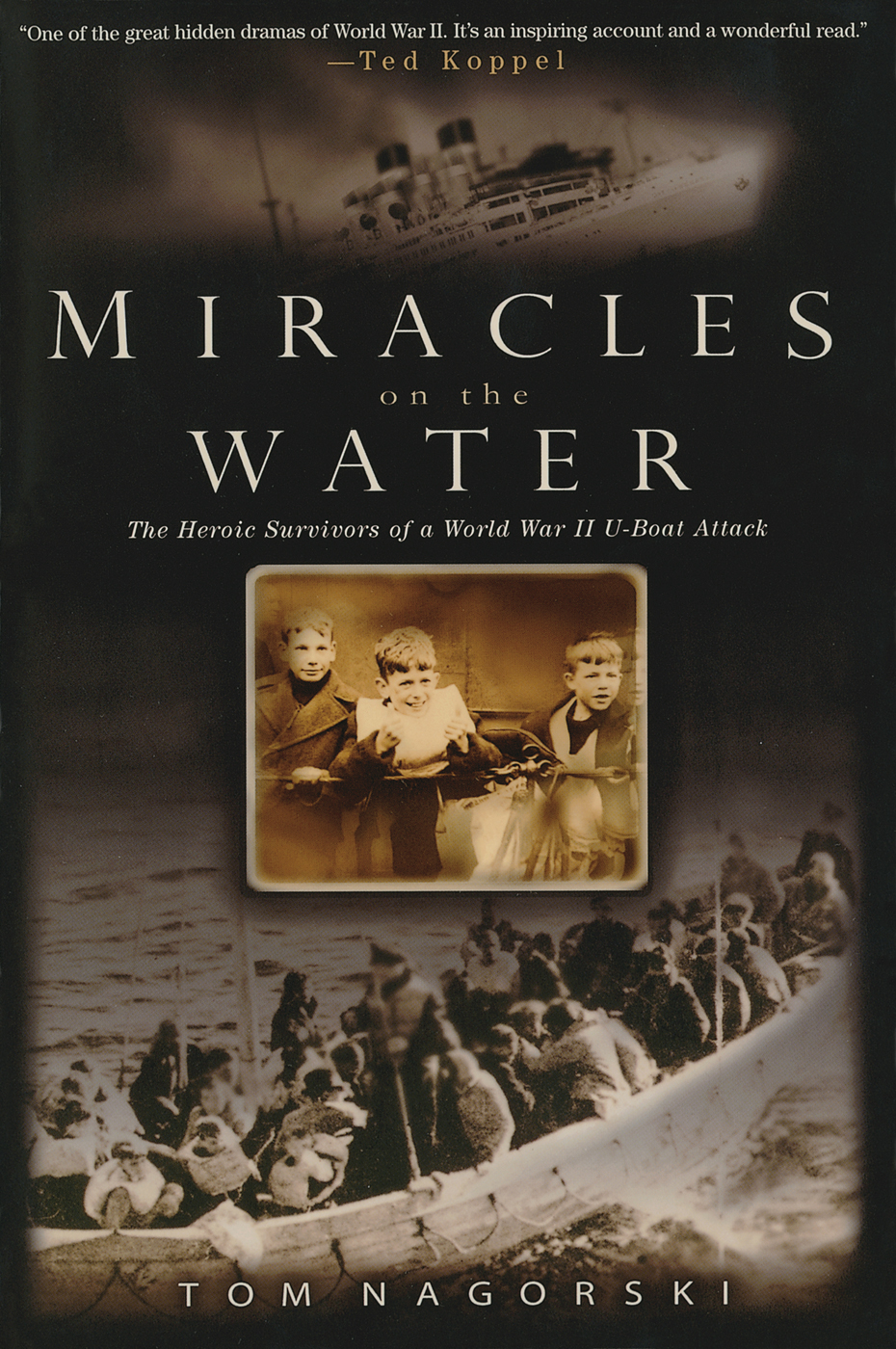Cover design by Phil Rose; Cover photographs AP and courtesy of Ellerman City Lines
Cover copyright 2015 by Hachette Book Group, Inc.
All rights reserved. In accordance with the U.S. Copyright Act of 1976, the scanning, uploading, and electronic sharing of any part of this book without the permission of the publisher constitute unlawful piracy and theft of the authors intellectual property. If you would like to use material from the book (other than for review purposes), prior written permission must be obtained by contacting the publisher at permissions@hbgusa.com. Thank you for your support of the authors rights.
Hachette Books is a division of Hachette Book Group, Inc.
The Hachette Books name and logo are trademarks of Hachette Book Group, Inc.
The Hachette Speakers Bureau provides a wide range of authors for speaking events. To find out more, go to www.hachettespeakersbureau.com or call (866) 376-6591.
The publisher is not responsible for websites (or their content) that are not owned by the publisher.

T his book is based primarily on the accounts of survivorsgiven in writings, recordings, and interviewsof a terrible ordeal at sea. As such I owe a debt, first, to the children who survived the attack on the City of Benares, a remarkable and resilient group of men and women who have inspired me greatly. I also feel a profound gratitude and empathy toward those who did not survive; the record shows that many of these unfortunate souls exhibited uncommon courage during a terrifying time.
Two people were responsible for convincing me that this story merited more than just an essay for the family records: the literary agent Cynthia Cannell, and my longtime friend and colleague Peter Jennings. From the beginning I was mindful of the fact that the story of the Benares could hardly be classed among the great epics of the Second World War, the larger-tapestry stories whose datelinesNormandy and Dresden, Stalingrad and Iwo Jima, to name but a feware so familiar. Cynthia and Peter, each in a different way, convinced me that the saga of the Benares had an epic quality of its own. Its a great story, Cynthia stressed. Plain and simplea great story. I gave Peter an outline on a Friday during the summer of 2002; he called that Sunday, less than forty-eight hours later, urging me on, and in the years that followed he inquired often about my progress. I had not yet finished when Peter received his diagnosis of lung cancer; that same week he asked that I bring him whatever chapters were complete. I will forever remember his supportparticularly given all he had on his mind, even before he became ill. Those who knew Peter Jennings will recognize these qualities: an unbridled curiosity and profound loyalty. They are greatly missed.
Several people volunteered to read the manuscript and offer constructive criticism. I would like to thank my ABC colleague Martha Raddatz; my friends Blair Effron, Phil Gordon, and Christopher Voss; my father-in-law, Rod Heller; and in particular my uncle Zygmunt Nagorski, Jr., for their encouragement and excellent suggestions. Barbara and Christine Nagorski told me their fathers story and then unearthed letters and newspaper clippings that were the first documents I saw describing the torpedoing of the Benares and the rescues that followed. Bill Strachan has been a superb editor and reassuring voice; and when I hired Sabine Goodwin to help with research I had no idea how much valuable advice she would offer vis--vis the manuscript itself.
I have benefited from the help of three historians. The Harvard professor John Stilgoe provided essential background on the subject of lifeboat journeys; I recommend his book Lifeboat to anyone with even a passing interest in stories of the sea. Thomas Parrishs volume Submarine: A History was another source of background and another terrific read. And Ralph Barkers Children of the Benares was an excellent treatment of this particular story.
I would have accomplished nothing without the support and love of family. First and foremost, thank you, Anne, with all my heart. To say that my wife has been supportive does her no justice at all. Anne has been my editor and unparalleled booster, encouraging me in countless ways, even when it meant more sacrifice for her. This book is dedicated to her, together with a promise, to Anne and to our children, Natalie and Billy: I owe you one. More than one.
Finally, I would like to thank my parents, Ingrid and George Nagorski, who instilled in me a curiosity about family history and about World War II in particular, through the prism of their own very different but intense experiences. I was captivated by their stories about the war years; my greatest regret is that my father died before we were able to finish the conversation.

A ll quotes in this book are taken from personal accountswritten journals, statements made to survivors or rescuers, interviews given to reporters, recordings made for museums or documentaries, or interviews with the author. Where possible I have checked quotes with others who were present for a conversation. Not surprisingly, I have found that writings, recordings, and statements made in 1940 hold up better to scrutiny than recollections shared six decades on. Where I attribute thoughts to any individual, the source is an interview with the author or statements made by that individual in writing or to other survivors.
A full list of all interviews and other source material appears at the end of the book.

I first heard the story on a Christmas Eve sometime during the late 1970s, at the New York apartment where Wigilia, the Polish Christmas Eve dinner, had been celebrated in my family for as long as I could remember. My father was Polish, born in Warsaw in 1920, and my mother NorwegianOslo, 1925and when I was a child my Christmas holidays were divided roughly between Norway and the apartment in lower Manhattan where my fathers cousins lived.


